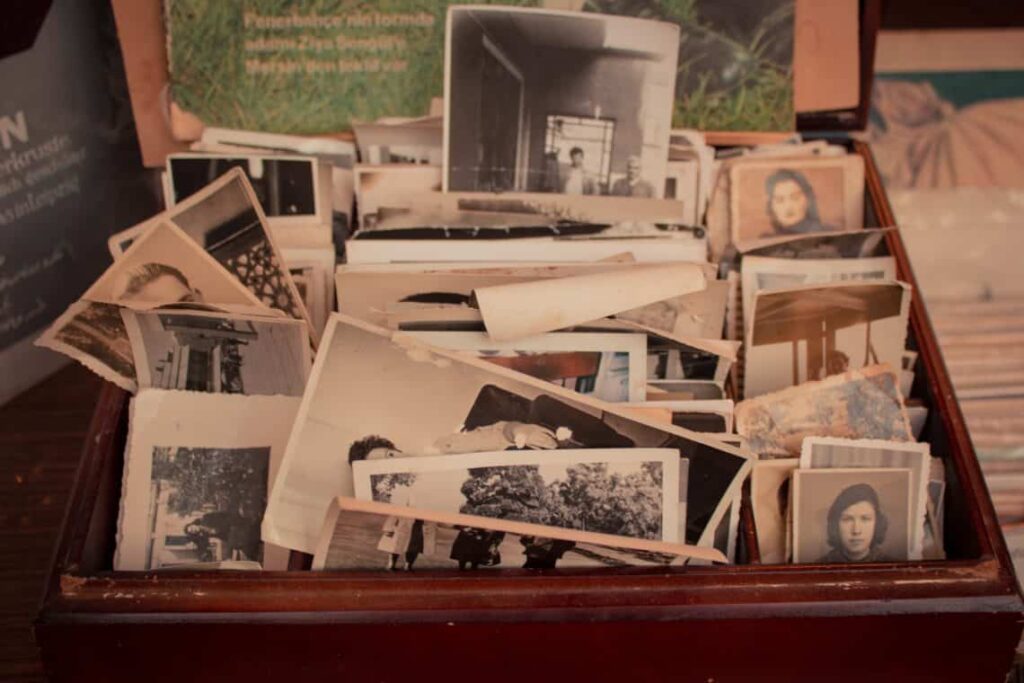Organizing after the death of a loved one can be an overwhelming and emotional experience. Not only are you dealing with the grief and loss, but you also must sort through their belongings and handle their affairs. However, with some helpful tips and strategies, you can make the process more manageable and less stressful. In this blog post, we’ll discuss some practical steps for organizing after a death in the family.
Take Your Time
It’s essential to give yourself time to grieve and process your emotions before starting the organizing process. Rushing into it can lead to making hasty decisions or getting overwhelmed. Give yourself permission to take it slow and steady.
Identify the Priorities
The first step in organizing after a death is to identify the priorities. Start by addressing the immediate needs like funeral arrangements, notifying relatives and friends, and attending to legal matters like obtaining a death certificate. Then, work on identifying other critical tasks such as clearing out their home, sorting through their belongings, and closing their accounts.
Seek Help
Don’t hesitate to seek help from friends and family members. Organizing after a death can be overwhelming and emotionally draining. Having someone to talk to or help you through the process can make a world of difference.
Sort through Belongings
Sorting through your loved one’s belongings can be one of the most challenging aspects of organizing after a death. Consider breaking it down into small, manageable tasks. Start with one room or one category of items and work your way through. Don’t feel like you must tackle everything at once.
Donate or Sell Items
Deciding what to do with your loved one’s belongings can be difficult. You may want to consider donating items to charity or selling them. This can be a meaningful way to honor their memory and can also be a practical way to clear out their home.
Keep Important Documents
It’s important to keep important documents such as wills, insurance policies, and financial statements organized and easily accessible. This can be helpful for settling their affairs and handling any legal matters.
Take Care of Yourself
Finally, it’s essential to take care of yourself during the organizing process. Grief and loss can take a toll on your physical and emotional well-being. Make sure to take breaks, get enough sleep, and eat healthy meals. Seek support from friends, family, or a grief counselor if needed.
In conclusion, organizing after a death in the family can be a challenging and emotional process. However, with some helpful tips and strategies, you can make it more manageable and less stressful. Take your time, seek help, and prioritize what needs to be done. Don’t hesitate to ask for support or take breaks when needed. Remember to take care of yourself during the process.

